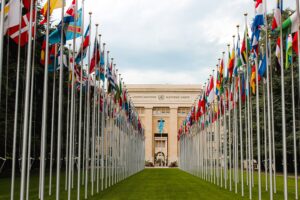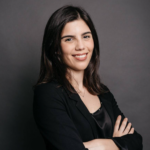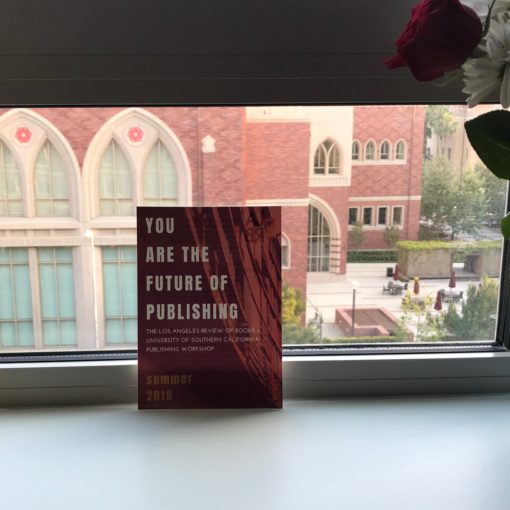
Created at the end of World War II, the United Nations (UN) is one of the world’s best-known brands – over 90 percent of the world’s population is aware of the world organization. Yet, rigorously researching and evaluating the UN and how it produces change in the world is still a challenge. Although there is a public interest in the work of the organization, lack of information and access to people are two major obstacles.
My own work on the UN specifically addresses how and when UN anniversaries result in normative change. Over the last three-quarters of a century, the most significant UN anniversaries have been marked by celebratory statements by the secretary-general and the member states and perhaps a UN Day concert at the New York headquarters. Despite the difficulty of normative change, some anniversaries have resulted in productive processes to influence world politics and more particularly UN deliberations. Others, however, have not.
Anniversaries represent a moment to commemorate past critical multilateral accomplishments; some have provided an opportunity to advance UN actions, sometimes through normative changes – i.e., transforming the way that a global issue is addressed by the international community of states and non-state actors. Two recent examples are the responsibility to protect (R2P) to address mass atrocity crimes and peacebuilding to address the needs of countries emerging from conflict. As of now, there is no systematic academic analysis of the politics and processes surrounding UN anniversaries, and very few studies have opened the “black box” of UN decision-making. Indeed, the UN is not isolated here; the lack of information, and even transparency, is an issue for many if not most big international institutions, such as the World Bank and the World Trade Organization. Such organizations tend to be cautious about opening themselves up to researchers.
In order to study the UN, I use two methods: structured, focused comparison and case studies. For structured, focused comparisons, I devise a set of questions that I ask about each event, while also focusing on particular aspects of each case. This allows me to compare events to each other, but it doesn’t always explain why some events lead to normative change and others don’t. Case studies, on the other hand, allow me to map processes and investigate the root causes and nuances that explain specific outcomes. Since it would be challenging for me, given time and resources, to do that for all UN anniversaries, I will focus on three, which took place during the last 15 years: UN60 in 2005, UN70 in 2015, and UN75 in 2020.
In short, the structured, focused comparison allows analytical breadth of the UN anniversaries, while the case studies capture context-specific determinants and underlying mechanisms that explain the outcomes. Interviews will feed in the data that is not publicly available otherwise. They are an important part of the puzzle yet bring an additional challenge, which is to gain entry to the Organization and access the right people to interview. Lucky are the students in New York City, as the UN headquarters are located on the First Avenue of Manhattan or the ones who can travel to major conferences to get to meet people. COVID-19 facilitated some online interviewing, but it didn’t necessarily facilitate access for researchers who do not have the means to access the “NY bubble” of the UN. Since the early days of my PhD I have been networking with UN staff, member states, and other civil society representatives in order to gain the access that will allow me to do my research.
If you are researching a large international institution like the UN, the main advice I can provide for facilitating empirical research and getting access to the right people is – obviously if social and economic conditions allow – to live and work near (or at) the Organization you are studying and connect with people there from a very early point in your program. You might not yet know your specific research objective, but if you know your subject is the UN (or a similar large organization), get closer to its empirical world from day one.
Unpacking the “black box” of international organizations in general, and the UN in particular, is not easy but it is worth it. As the world becomes more interconnected, global threats, such as climate change and pandemics, can only be effectively addressed through international cooperation; academic research on how, when, and where international cooperation happens is more important than ever. I hope my PhD dissertation will help to increase the generalizable knowledge about UN anniversaries and the role different actors play so that member states, UN staff, and civil society can better understand how normative change happens and leverage that knowledge for the future.
 Giovanna Kuele is a PhD Candidate at The Graduate Center of the City University of New York. She is also a WAC fellow at the New York City College of Technology. Her research is focused on the United Nations, global governance, and peace and security. Kuele has an M.A. (2017) and a B.A. (2014) in International Relations at the Federal University of Rio Grande do Sul, Porto Alegre, Brazil. She also has a M.A. in Political Science at The Graduate Center of the City University of New York.
Giovanna Kuele is a PhD Candidate at The Graduate Center of the City University of New York. She is also a WAC fellow at the New York City College of Technology. Her research is focused on the United Nations, global governance, and peace and security. Kuele has an M.A. (2017) and a B.A. (2014) in International Relations at the Federal University of Rio Grande do Sul, Porto Alegre, Brazil. She also has a M.A. in Political Science at The Graduate Center of the City University of New York.







